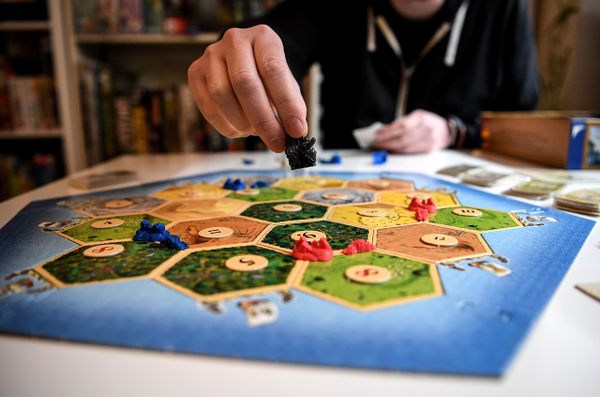The Rise of Solo Board Gaming: A Growing Trend Among Hobbyists
Solo board gaming has seen a surge in popularity, offering players a chance to engage with something tangible and disconnect from screens. The trend has been fueled by the release of cooperative games like "Pandemic" and an increasing interest in solitaire versions. Players find solace in playing alone, enjoying the flexibility, relaxation, and ability to recharge that solo gaming provides. Tips for beginners include starting with existing games, exploring cooperative options, seeking recommendations, choosing games based on artwork and theme appeal, printing games at home, and engaging with the online community for support.
Mukauta tiivistelmää
Kirjoita tekoälyn avulla
Luo viitteet
Käännä lähde
toiselle kielelle
Luo miellekartta
lähdeaineistosta
Siirry lähteeseen
www.atlasobscura.com
The Utilitarian Pleasures of Playing Board Games By Yourself
Tärkeimmät oivallukset
by Anne Ewbank klo www.atlasobscura.com 06-10-2020
http://www.atlasobscura.com/articles/utilitarian-pleasures-playing-board-games-by-yourself
Syvällisempiä Kysymyksiä
